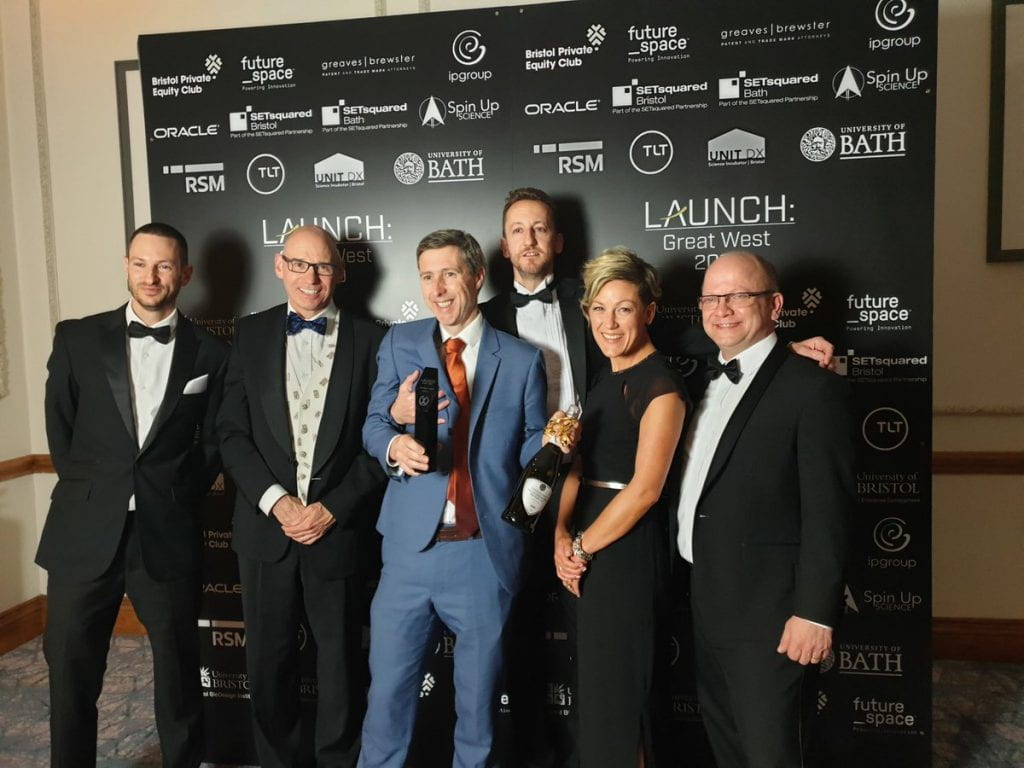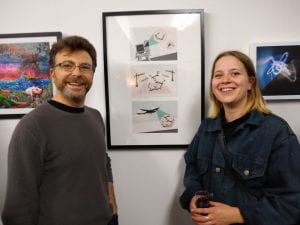Over the past year the BBI have contributed expertise, equipment and resources to support UNCOVER, Bristol University COVID-19 Emergency Research Response Group.
Bristol based photographer Tom Skipp has captured portraits of some of the people involved, including BBI Director Dek Woolfson. Tom was motivated to tell the human stories behind the people at Bristol who are playing an important role in global efforts to overcome COVID-19.
A series of these portraits are part of a billboard campaign on show at various locations across Bristol until the 9th May.
- 92-98 Kingsland Road, BS2 0QZ – Drs Ore Francis, Research Associate, and Rajeka Lazarus, a consultant in infectious diseases and microbiology at UHBW
- 28 Stapleton Road, BS5 0QX – Dek Woolfson, Professor of Chemistry and Biochemistry and Director of the Bristol BioDesign Institute
- 34 Ashley Road, BS6 5NS – Adam Finn, Professor of Paediatrics at Bristol, Director of the Bristol Vaccine Centre at Bristol Medical School and lead of Bristol UNCOVER Group
- 265 Church Road, BS5 9HU – Dr David Mathews, Reader in Virology
- Electric Ladyland, Trinity Road, BS2 0FJ – Dr Christy Waterfall, Senior Research Associate
Image credit: Tom Skipp





